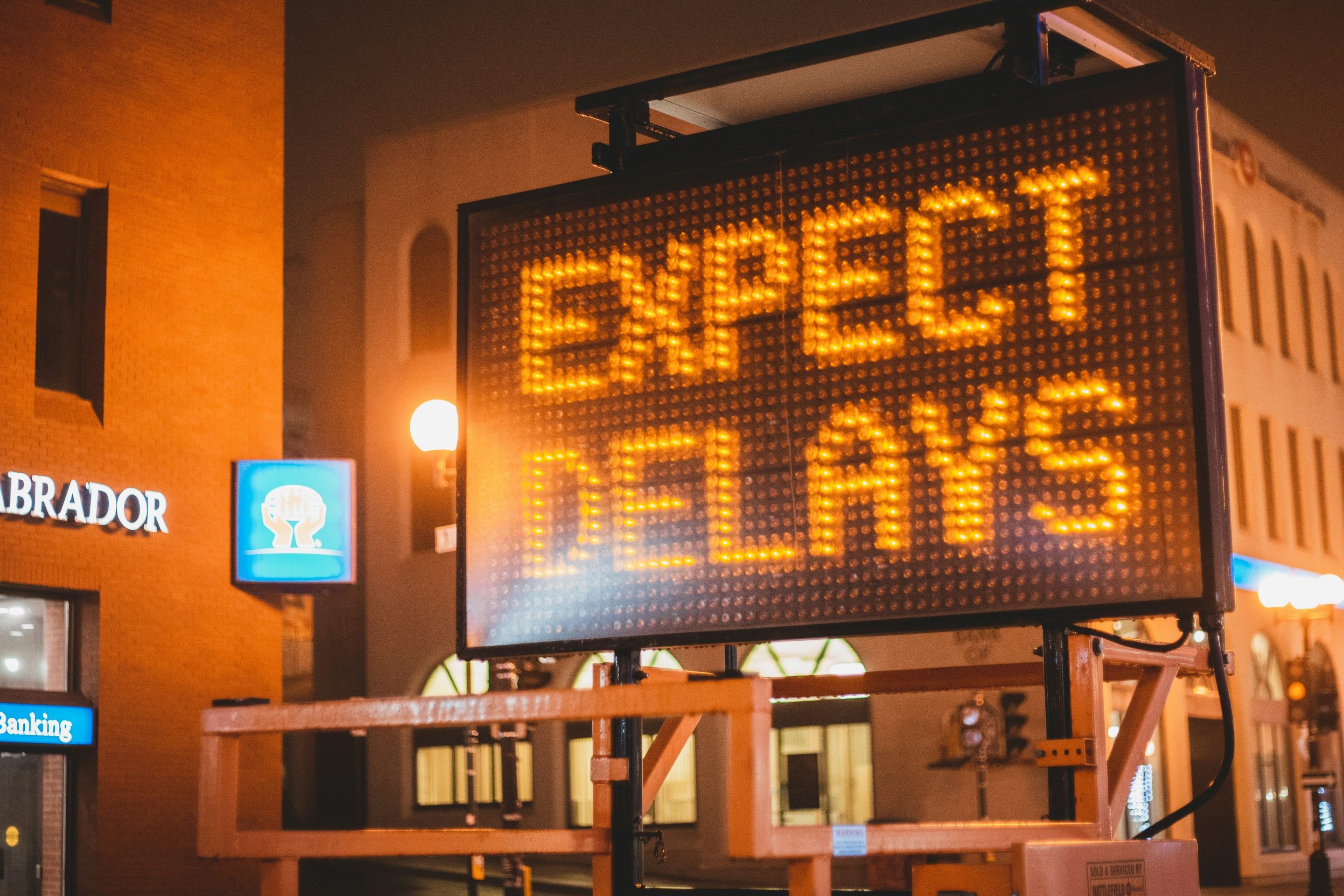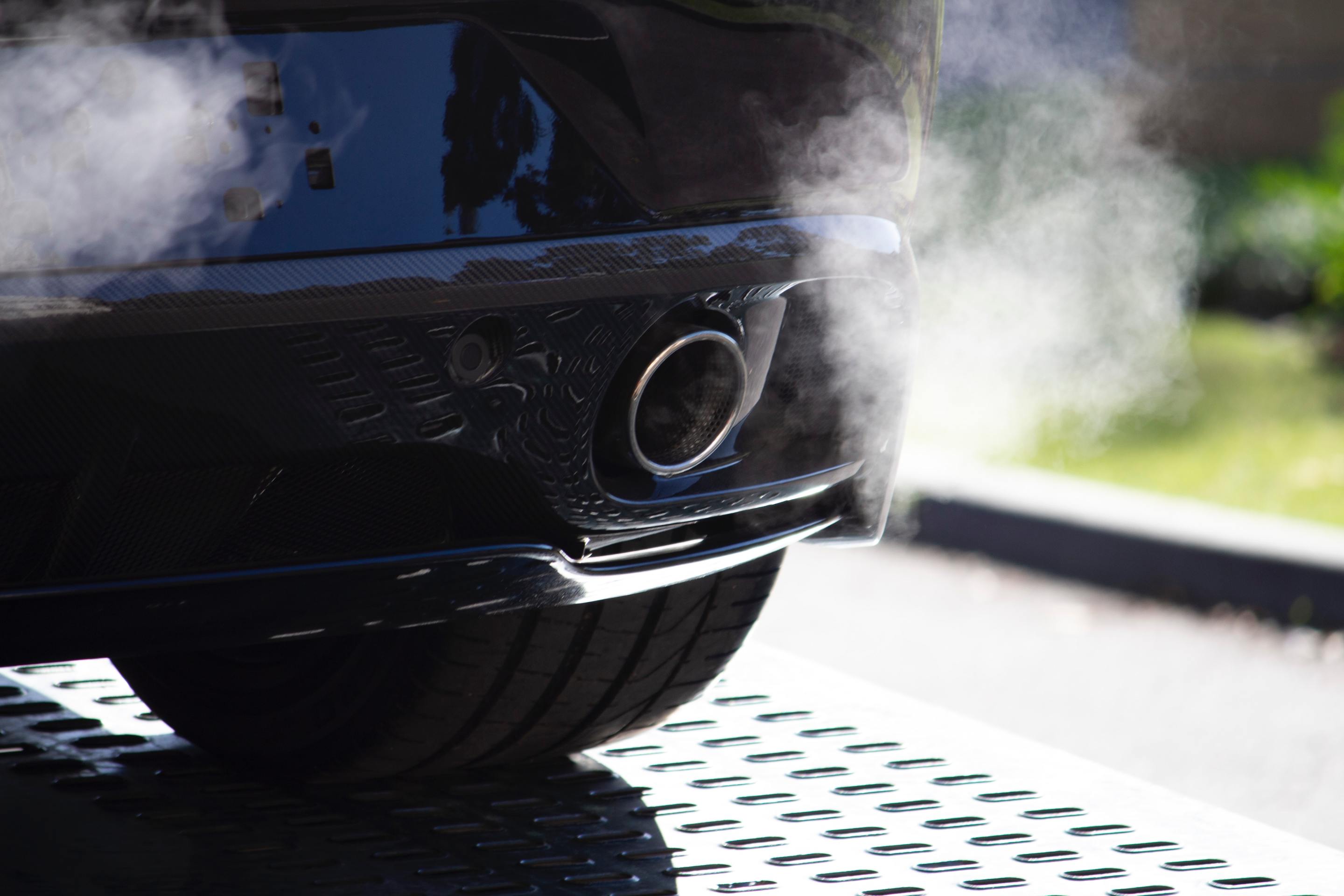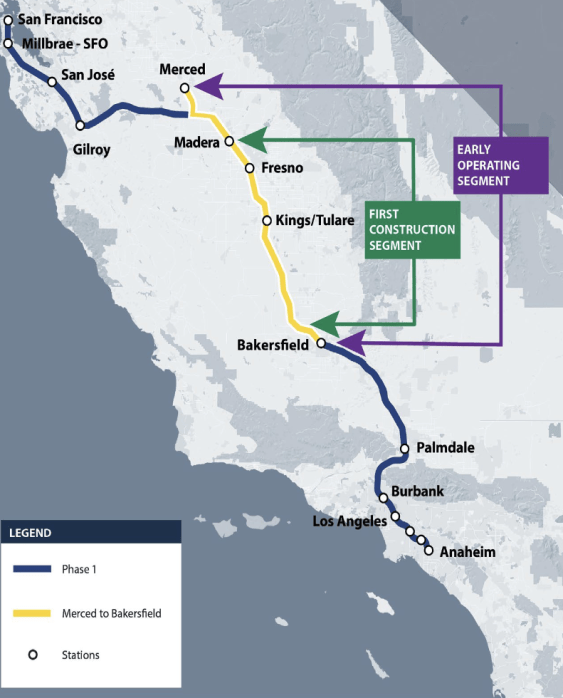For everyone hoping that an $825 billion stimulus package might advance a visionary national agenda for sustainable transportation, yesterday's release of a draft economic recovery bill didn't deliver the goods. Nor did it include some pretty easy lifts, like the $1.7 billion for transit operations that the House approved in an earlier bill last summer.
In the end, reports Politico, green transportation advocates on Capitol Hill had to focus on limiting the damage that would be wrought by unchecked highway building. So the relatively small dollar amounts for transportation -- half of some predictions -- are, in a perverse sense, something of a blessing. But the draft bill needs to get tougher on state DOTs to keep their bad habits in check, says Transportation for America:
Without explicit language prioritizing a fix-it-first approach to infrastructure investment written into the legislation, federal funds could be wasted adding new highways to a system the House bill describes as “crumbling”. This would have the effect of digging ourselves a deeper hole of oil dependence, even as we invest stimulus money elsewhere in the hope of finding a way out.
And they've got some fresh public opinion research to back up their message:
A new poll shows that most Americans would rather use federal dollars to repair highways and bridges and improve public transportation than expand highways through new construction.
In addition, fully 80 percent of respondents said stimulus investments should not only create jobs, but also help the goals of reducing oil dependency, improving the environment and increasing transportation options, even if the job creation took longer.
After the jump, why the stimulus draft is bad policy for cities.
All told, urban areas get left behind by the draft legislation. Get ready for some math. That
$30 billion for "highways"? Some of it would go directly to metro areas, but not nearly enough. The bill
sets aside $7.4 billion for cities and metropolitan planning
organizations, leaving more than $20 billion in the hands of states and
their highway-happy DOTs. Mayors, progressive think tanks, and green transportation types have been calling for more decision-making power in the hands of cities, but the meager sum on offer falls far short of what this bill should deliver.
An alternative proposal from Rep. James Oberstar would more than double the share for MPOs -- agencies that, in
general, are more likely to spend money on things like buses and sidewalks, not highways. (Because some MPOs do have a weakness for highway building, however, T4A is calling for their funds to be subject to fix-it-first requirements as well.) This is an important fight to track as the stimulus debate enters the next phase. The more stimulus money gets directed to cities, the more leeway those cities will have to invest in bus, bike, and pedestrian infrastructure.




